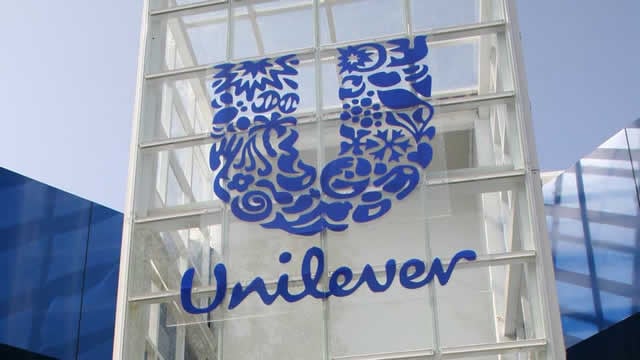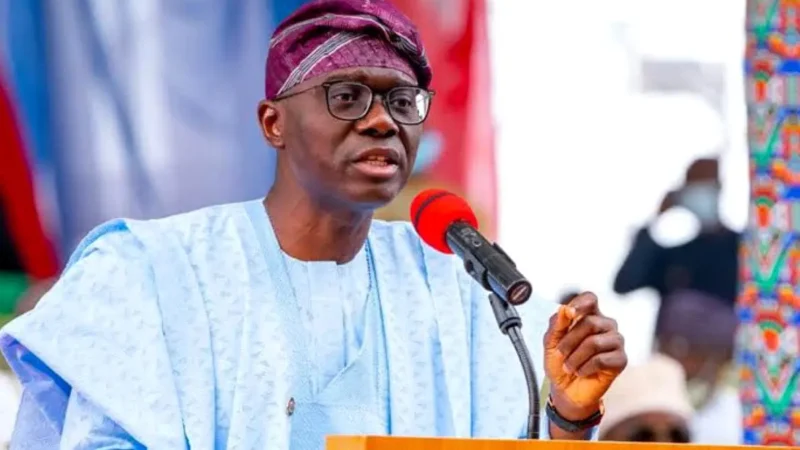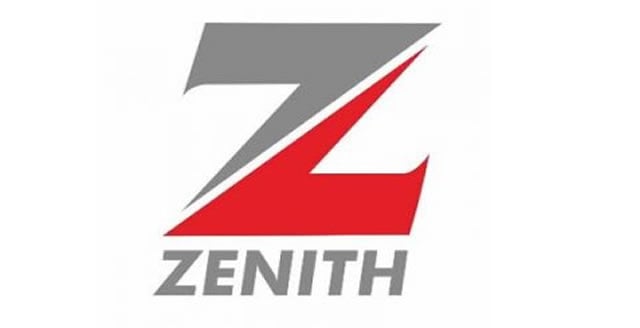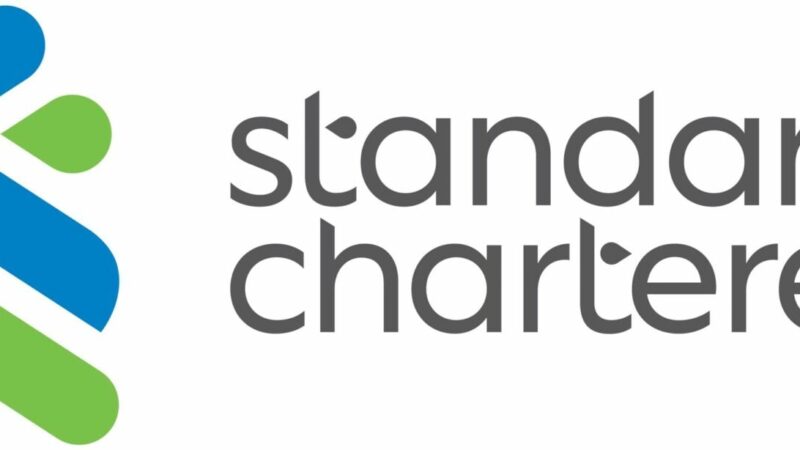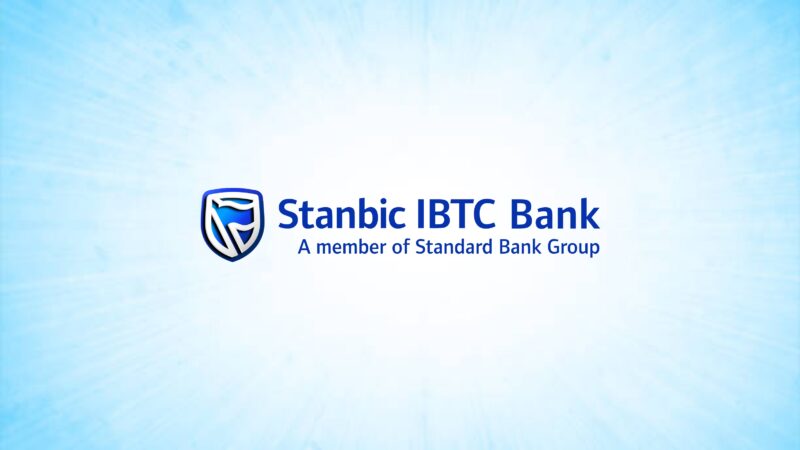Local investors drive N9tn NGX trades
 Domestic investors have continued to assert dominance in Nigeria’s equities market, driving a total of N9.0 tn worth of transactions between January 2024 and May 2025, according to data released by the Nigerian Exchange Limited.
Domestic investors have continued to assert dominance in Nigeria’s equities market, driving a total of N9.0 tn worth of transactions between January 2024 and May 2025, according to data released by the Nigerian Exchange Limited.
The breakdown of portfolio participation showed that of the total N9.0 tn traded during the 17-month period, domestic investors accounted for N7.15 tn, representing approximately 80 per cent of the entire market activity, while foreign investors contributed N1.85 tn, accounting for the remaining 20 per cent.
According to the NGX’s monthly Domestic & Foreign Portfolio Investment Reports, the total domestic transactions recorded in 2024 stood at N4.735 tn, while foreign transactions were N852.03 bn. In the first five months of 2025, domestic transactions amounted to N2.418 tn, while foreign transactions stood at N996.03 bn, bringing the overall trading figure for the 17-month period to N9.0 tn.
A comparative analysis of 2024 against the previous year shows a 32 per cent year-on-year increase, with total transactions rising from N3.58 tn in 2023 to N5.59 tn in 2024. This growth was driven by increased participation from both foreign and domestic investors but particularly significant growth in domestic institutional activity.
In December 2024, the market experienced a notable spike in trading activity. Total transactions surged to N673.66bn, representing a 52.29 per cent increase from N442.34bn recorded in November 2024. Domestic investors were responsible for N606.91bn, or 90.09 per cent, of the December trades, while foreign investors accounted for N66.75bn, representing 9.91 per cent.
Further analysis revealed that institutional investors played a dominant role in December, executing N406.04bn worth of trades, representing a 97.09 per cent increase from N206.02bn in the previous month. Retail investor participation rose marginally by 2.81 per cent to N200.87bn, up from N195.38bn in November 2024.
The foreign portfolio side also witnessed increased activity in December 2024. Foreign inflows stood at N26.26bn, while outflows amounted to N40.49bn, bringing the total foreign transactions to N66.75bn. This represented a 63.04 per cent increase compared to the N40.94bn recorded in November 2024.
By the end of 2024, foreign transactions made up 15.25 per cent of total market activity, while domestic transactions-maintained dominance with 84.75 per cent, consistent with the historical trend observed over the last decade.
In May 2025, equity market activity remained elevated, with total transactions reaching N700.50bn, marking a 45.32 per cent increase from N482.04bn recorded in April 2025. A year-on-year comparison showed that May 2025 trades increased by 97.11 per cent from N355.38bn in May 2024.
Domestic participation continued to lead in May 2025, accounting for N581.59bn or 83.02 per cent of total market activity. Foreign transactions for the month rose to N118.91bn, representing 16.98 per cent of the total volume. This marked an 88.54 per cent increase from N63.07bn recorded in April 2025.
Within the domestic segment in May 2025, retail investors outperformed institutional investors, contributing N337.46bn, a significant jump of 86.12 per cent compared to N181.31bn in April. Institutional investor participation, however, increased marginally by 2.72 per cent, from N237.66bn in April to N244.13bn in May.
Foreign inflows in May 2025 stood at N66.11bn, while outflows were N52.80bn, signalling a slightly positive net inflow trend for the period. This contrasts with March 2025, when foreign investor participation peaked at 62.74 per cent, recording inflows and outflows of N349.97bn and N349.92bn, respectively.
Year-to-date, as of May 2025, total transactions on the NGX stood at N3.41tn, up from N2.25tn recorded within the same period in 2024. Domestic investors contributed N2.418 tn to the 2025 total, while foreign investors accounted for N996.03 bn, indicating a marked increase in foreign appetite for Nigerian equities compared to the same period the previous year.
In terms of historical performance, data from the Exchange shows that over an 18-year period, domestic transactions rose by 33.15 per cent, from N3.556 tn in 2007 to N4.735 tn in 2024, while foreign transactions increased by 38.31 per cent, from N616 bn to N852 bn.
The Exchange attributed the improved foreign investor sentiment to reforms in the Nigerian foreign exchange market and macroeconomic policy measures targeted at boosting investor confidence.
Despite these improvements, analysts noted that domestic investors continue to play a critical role in the resilience of the capital market, particularly institutional investors such as pension fund administrators, asset managers, and insurance firms.
Overall, the Nigerian capital market has seen renewed activity and momentum in the last 17 months, underpinned by increased local participation, the gradual return of foreign investors, and the resilience of the equity market amid broader macroeconomic headwinds.
The Chief Executive Officer of Highcap Securities Limited, David Adonri, in an interview with The PUNCH on Sunday, attributed the resilience and evolving structure of Nigeria’s capital market to reforms instituted after the 2007 global financial meltdown, as well as the steady dominance of domestic institutional investors supported by pension fund growth.
Reacting to the Nigerian Exchange Limited’s recently released trading data, which revealed that equity transactions on the bourse hit N9tn between January 2024 and May 2025, Adonri explained that the structure of the market has transformed significantly since the financial crisis of 2007–2008. He noted that unlike the pre-2007 era, where the market was largely driven by retail investors and vulnerable to irrational behaviour, the market is now anchored by institutional players who make more calculated investment decisions.
“After the 2007 global meltdown, during which the mass exodus of foreign investors nearly crashed Nigeria’s stock market, several reforms occurred that have made the market resilient,” Adonri said. “The structure of the stock market has since changed, making domestic institutional investors dominant. Unlike when retail investors dominated the market, institutional investors act rationally.”
He further explained that a key driver of this market stability is the increase in domestic savings through pension funds, which continue to play a significant role in maintaining market liquidity. According to him, “The increase in domestic savings through pension funds and their steady investment in the capital market has sustained the liquidity profile of the market also.”
On the issue of foreign investor participation, particularly the sharp increase recorded in March 2025, Adonri traced the root of past low foreign interest to the capital control policies of the previous administration, which undermined investor confidence. However, he said the current administration under President Bola Tinubu has taken deliberate steps to rebuild that confidence.
“Before the commencement of President Tinubu’s administration, many foreign investors became disillusioned with the capital control policy of the previous administration, which trapped the dividends and interests of foreign investors,” he said. “Their eroded confidence was subsequently restored by market reforms introduced by this administration together with the settlement of their outstanding remittances.”
He also linked Nigeria’s attractiveness to a global shift in capital flows during uncertain periods in developed markets. “Furthermore, when President Trump started his ill-advised trade war which nearly crashed advanced markets, Nigeria became an attractive investment destination for foreign investors,” he added.
Adonri expressed optimism that the foreign portfolio investment figures would continue to rise given the current macroeconomic environment. According to him, the three major conditions foreign investors look for, exchange rate stability, unrestricted capital flows, and profitability, are now being met in Nigeria.
“Foreign investors are concerned about exchange rate stability, unrestricted capital flows, and profitability of their investments. These conditions are now prevalent in Nigeria; hence, there is an upsurge in FPI in equity, which will be reflected in market statistics in due course,” he stated.


